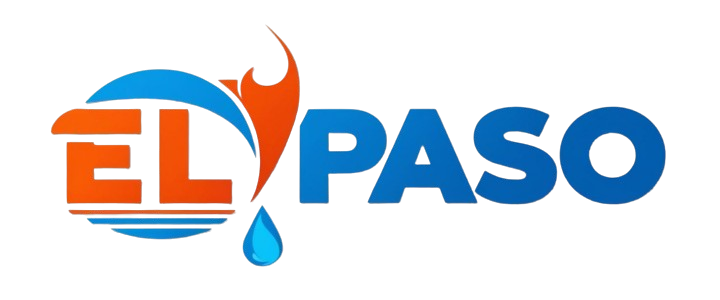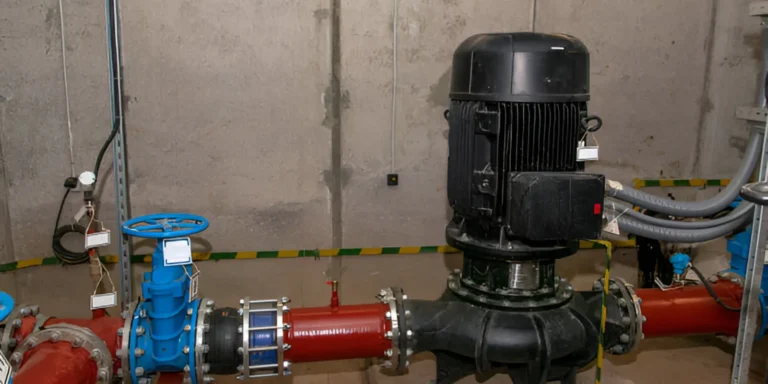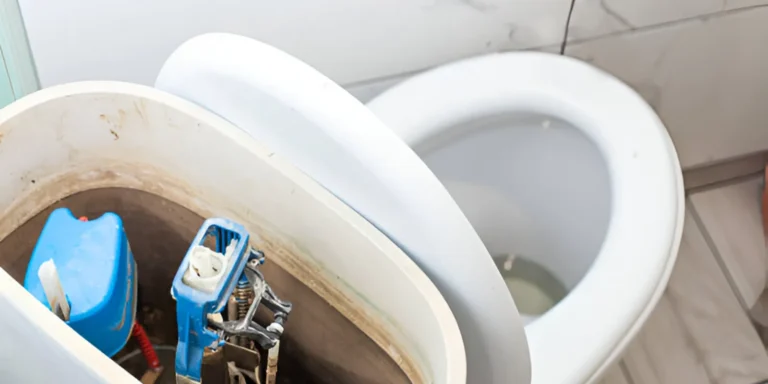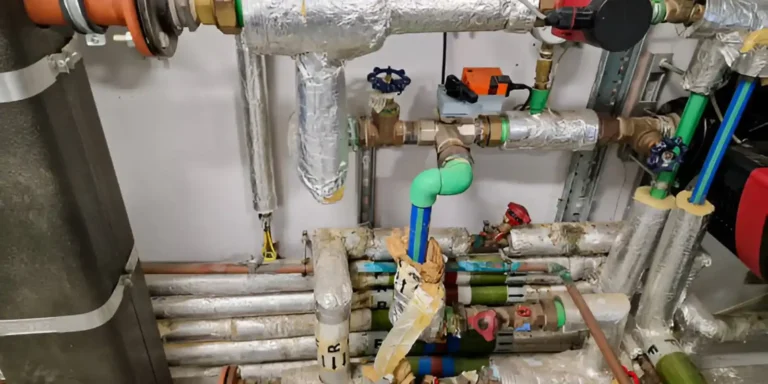Sewer blockages are a homeowner’s nightmare, unpleasant, disruptive, and potentially costly. When the main sewer line becomes obstructed, it can lead to slow drains, foul odors, and even raw sewage backing up into your home. Understanding the typical causes of sewer clogs and taking preventive action can save you from future headaches and expensive repairs. Common offenders include tree roots, grease buildup, and improper disposal of non-flushable items. In this guide, you’ll learn what causes sewer line problems, how to spot early warning signs, and what steps you can take to avoid serious plumbing issues before they escalate.
Tree Root Invasion: Hidden Underground Threat
One of the most damaging causes of sewer line blockages is tree root infiltration. Roots naturally seek out moisture, and if they detect a crack or leak in a sewer pipe, they’ll invade and expand inside it. Over time, roots can grow large enough to completely block the flow or even break the pipe.
How to Prevent Tree Root Damage
Avoid planting trees near sewer lines. If your home has older clay pipes, schedule regular inspections using a sewer camera. Root-killing treatments and trenchless root removal services can help maintain clear, healthy sewer lines without digging.
Grease, Oil, and Fat Buildup in Pipes
Grease and cooking oils may seem harmless when poured down the kitchen sink, but as they cool, they solidify and stick to pipe walls. Over time, they form thick blockages that can stop waste and water from flowing properly. These substances are leading causes of both household and citywide sewer backups.
Best Practices to Avoid Grease Clogs
Never pour grease or fat down any drain. Instead, let it cool and dispose of it in the trash. Wipe pans with paper towels before washing, and use strainers to catch food debris. Regularly flushing drains with hot water and vinegar also helps minimize buildup.
Flushing the Wrong Items Down the Toilet
Toilets are designed to handle human waste and toilet paper—nothing more. Flushing wipes, cotton swabs, feminine hygiene products, diapers, or paper towels can quickly lead to severe blockages. Even so-called “flushable” wipes don’t break down properly and often cause damage to sewer systems.
Proper Disposal Habits Matter
Educate everyone in your home about what not to flush. Place a covered trash bin near the toilets for non-flushables. Look for sewer-safe or septic-approved labels on hygiene products if you’re unsure. Adopting simple disposal habits prevents backups and expensive plumbing emergencies.
Routine Maintenance Saves Thousands
- Schedule annual inspections by a licensed plumber.
- Hydro jet your sewer line periodically to clear the buildup.
- Know the location of your sewer cleanout in case of emergency.
- Consider installing a backwater valve to prevent sewage from entering your home during blockages.




